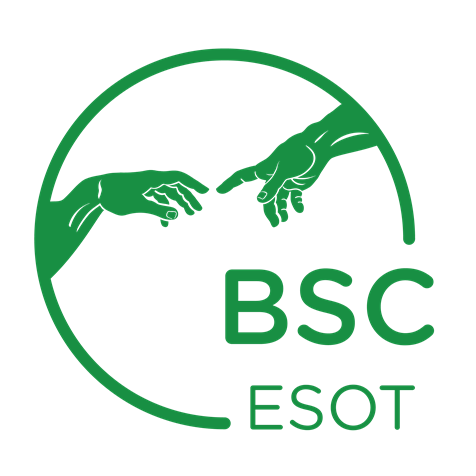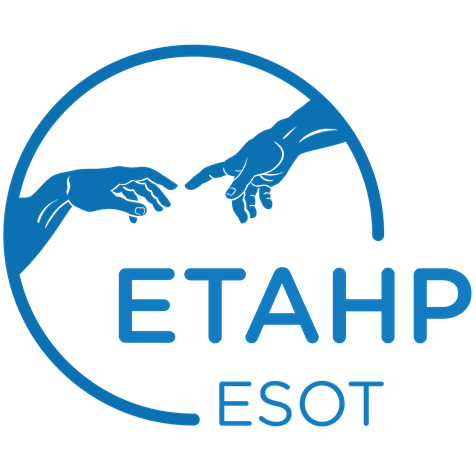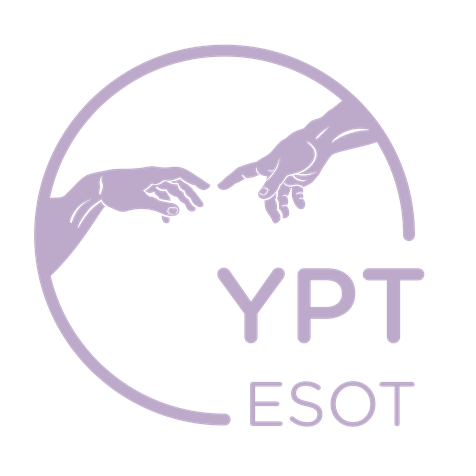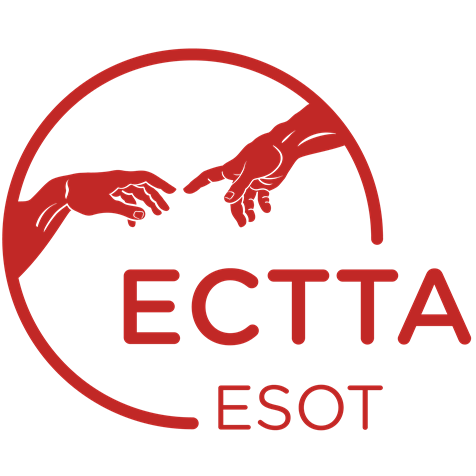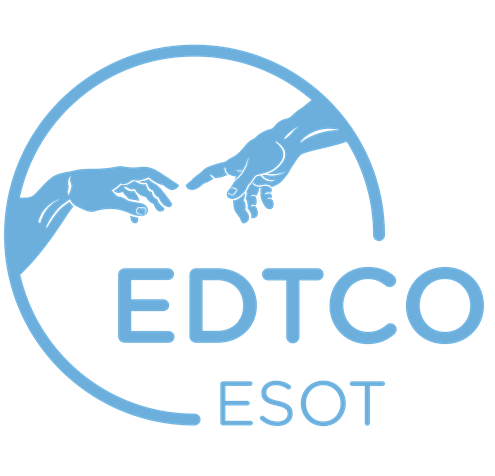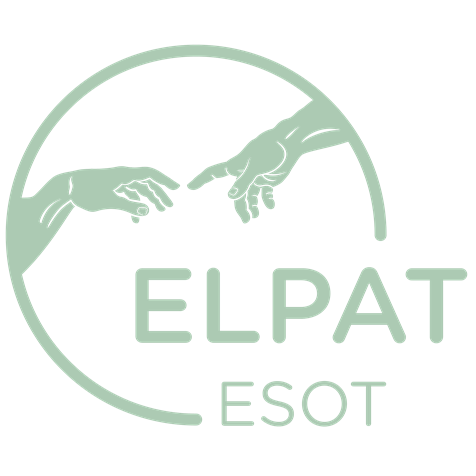In this Special Issue, we present a conceptual framework which provides a blueprint for the components of successful national organ donation and transplant programs, and can be used for their assessment.
Applying this framework, we then present a series of country case studies that highlight the distinctive features that have contributed to the success of the organ donation and transplant programs of Croatia, Italy, Portugal, Spain, and the United Kingdom and elaborate on the lessons that can be learned from them. We also apply this framework to analyse the Greek system, a comparatively weaker performer, and make recommendations for its reform and development.
The framework and case studies demonstrate the common features of successful organ donation and transplantation systems and highlight transferrable elements that can be applied elsewhere with the aim of improving performance. They provide a template for the assessment of national organ donation and transplantation systems to enable the identification and prioritisation of policies to improve their efficiency, responsiveness and availability, with the ultimate goal of improving the health and care of people with organ failure.
Cover illustrations by Zoe Papalois:
Original portrait illustrations of transplant pioneers through the years. In no particular order: Henri Bismuth, Roy Calne, Jean-Michel Dubernard, Peter Medawar, Nancy Ascher, Thomas Starzl, John Najarian, David Sutherland, Peter Morris, and Joseph E Murray.


